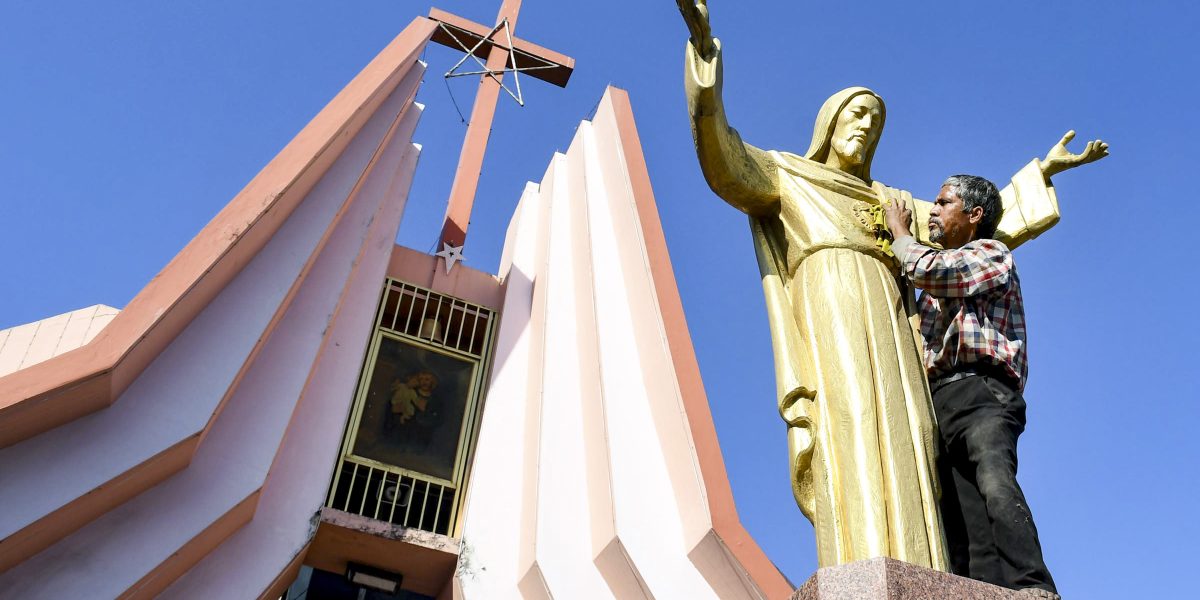
By Syed Khalique Ahmed / India Tomorrow
BHORA KALAN VILLAGE(Haryana)—Hindu radicals don’t allow Muslims of this village to emplioy a regular Imam from outside the village to lead five-time daily prayers and teach the basics of Islam to Muslim children. The Muslim population is around 400 in this village having a total population of around 20,000. There is no Muslim in the village properly qualified to lead the daily prayers as well as Friday and Eid prayers.
The village falls in the Gurgaon district and is about 3 km off the Delhi-Jaipur National Highway 48. The Muslim residents say their ancestors came to this village in 1810, and their families have lived since. The village is about 80 kms from Delhi, the national capital.
The village was a part of the princely state of Pataudi with Iftikhar Ali Khan (father of cricketer Mansoor Ali Khan) as Nawab and had a mosque with mud walls and a thatched roof. However, the old mosque lost its existence in 1947 when several people from the village chose to shift to Pakistan. Owing to the extraordinary situation, Muslims lived without a mosque for decades and went to the nearby town of Pataudi to offer Friday and Eid prayers. They prayed at home on other days.
However, they set up a prayer hall over a piece of a 150 square-yard plot they purchased from a fellow Muslim who had shifted to Pataudi after selling his landed properties in the early 1990s. In 1994, they converted the hall’s interior into a proper mosque with a “Mehrab” and a “mimber” or pulpit from where the Imam delivers ‘khutbah’ or sermons on Fridays and on Eid days. The mosque was expanded into ground plus one building when the strength of ‘namazis’ (those who perform namaz) went up over time.
The villagers also appointed an Imam to lead the prayers. Among those visiting the mosque for prayers included the native Muslims and Muslims from other places who had set up their shops and other businesses in the village. The Muslim community had no problem with the Hindus, and both lived peacefully.
However, the local Hindus objected when the number of ‘namazis’ swelled, and many of them occupied the space on the terrace of the mosque and adjoining Muslim houses on the day of Alvida, or the last Friday of Ramzan in 2013, to offer congregation Friday prayer.
Nazar Mohammed(67), a retired subedar from the Indian Army, police officials and the local Sub Divisional Magistrate(SDM) rushed to the mosque to control the situation after they learned about the development. “To sort out the problem, the local Hindus put two conditions: Firstly, No one except the native Muslims will come to the mosque for prayers; and secondly, no Imam from outside the village will be employed in the mosque,” said Nazar Ahmed. “We accepted the conditions in the interest of peace and harmony though both the conditions are illogical because this amounts to interference in our religious affairs,” he said.
This story was originally published in indiatomorrow.net. Read the full story here





